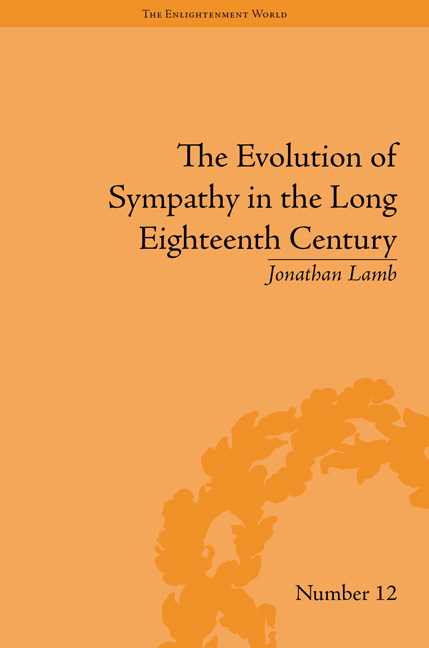2 - Four Kinds of Sympathy
Summary
For if a man naturally loved his fellow man, loved him, I mean, as his fellow man, there is no reason why everyone would not love everyone equally as equally men.
Within the political economy of the passions sympathy plays an important but equivocal role. On the one hand it is a passion as importunate as any other:
It comes in either at the Eye or the Ear, or both; and the nearer and more violently the Object of Compassion strikes those Senses, the greater Disturbance it causes in us, often to such a Degree as to occasion great Pain and Anxiety.
It exemplifies very vividly the supine condition of those who are acted upon by external objects, without any choice in the matter. On the other hand, it is the only passion which seems to be entirely disinterested, where the desire impelling it seeks solely to augment the happiness or to lessen the misery of other people, and to that extent it looks more like action than passion. Although it is triggered by a set of adventitious circumstances, it resolves itself into a state and relation different from the passivity defined by Spinoza. It seems to be a motion of the heart resembling a function of the will, impelling the individual to an act of moral virtue, and in this sense it bids to be a prime example of what the followers of Hutcheson and Shaftesbury would call the moral sense.
Before going any further, however, it is useful to bundle up the ancillary feelings that are often mentioned in conjunction with sympathy, or whose names are used as synonyms for it. These include pity, compassion, fellow-feeling, commiseration and empathy. If empathy denotes a total identification with someone else's feelings, pity perhaps suggests a much fainter engagement with them, what we can feel for a stranger or someone we scarcely know. Hume calls pity weak sympathy, and says that it is always concerned with scenes of distress, whereas true sympathy ranges through the gamut of feelings, from the painful to the pleasurable. Max Scheler and Luc Boltanski are agreed that pity and sympathy are quite distinct. We can pity the victims of a disaster such as war or earthquake, knowing generally what loss and suffering they must be enduring.
- Type
- Chapter
- Information
- The Evolution of Sympathy in the Long Eighteenth Century , pp. 41 - 76Publisher: Pickering & ChattoFirst published in: 2014



